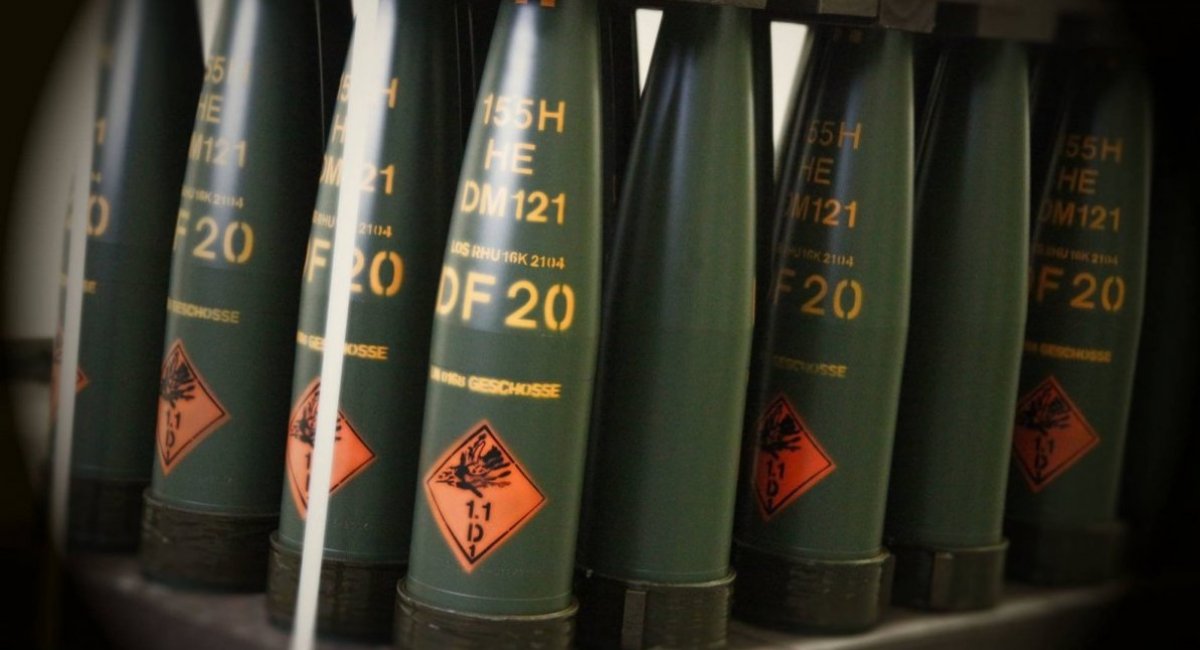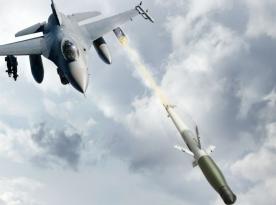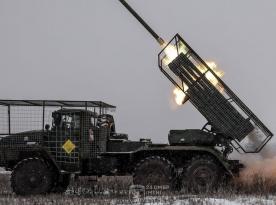Rheinmetall has voiced frustration over what it describes as excessive Ukrainian bureaucracy slowing down the construction of a domestic artillery ammunition plant. The facility, once operational, is expected to double its planned annual capacity to 300,000 shells, a critical resource for Ukraine's defense.
According to German Aid to Ukraine, Rheinmetall CEO Armin Papperger made the remarks during a recent Q2 2025 earnings call. He emphasized that Ukraine currently lacks the funds to finance the project independently and drew comparisons with a similar plant in Unterlüß, Germany, which was launched almost simultaneously but has already been completed.
Read more: Lithuania, Estonia Purchase Rheinmetall's Grenades, Reveal Prices
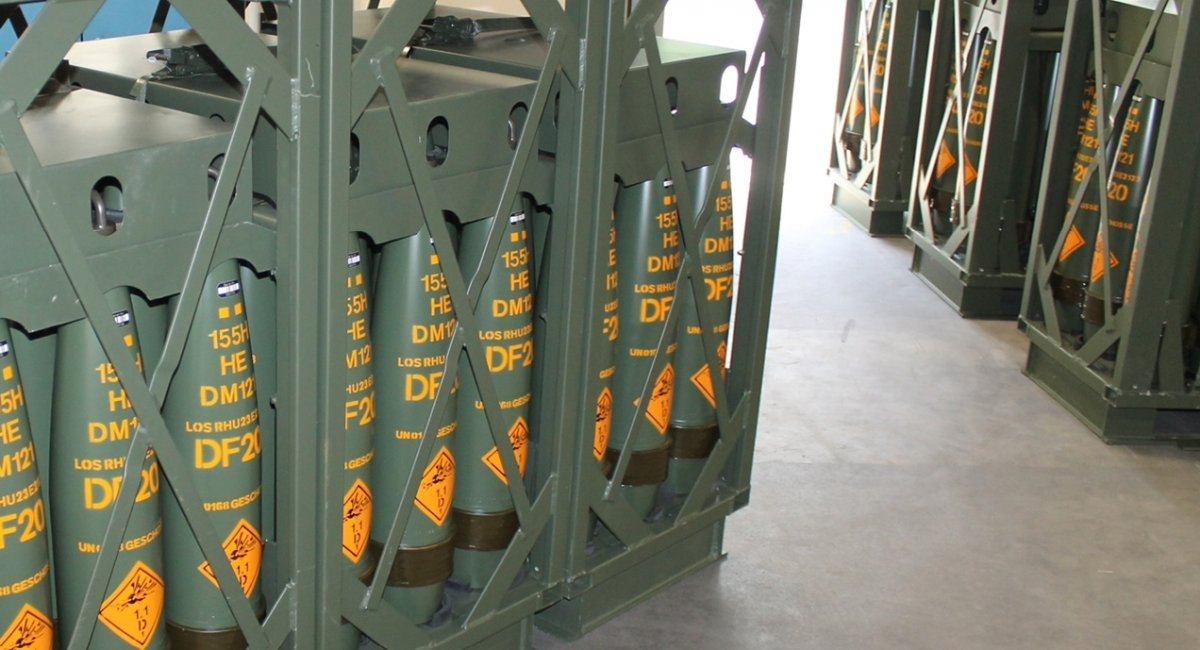
Armin Papperger's comments underline a recurring challenge in Ukraine's defense sector, administrative hurdles that can slow down critical projects. While Ukraine has introduced initiatives to streamline approval processes, implementation often remains sluggish, particularly for large-scale, foreign-funded ventures.
However, the situation may not be as straightforward as Rheinmetall suggests. Observers note that the company's original project timelines were highly ambitious, and current developments could be the result of overpromising rather than uniquely Ukrainian delays. Citing the well-known local problem of bureaucratic inertia may also be a convenient way to explain the slower pace.
An anonymous executive from another German defense company, also speaking to German Aid to Ukraine, acknowledged bureaucratic obstacles in Ukraine but challenged the notion that building an equivalent plant in Germany would necessarily be simpler. They pointed out that Rheinmetall's Ukrainian ammunition production is still scheduled to begin next year, in line with the original plan. This suggests that the company's dissatisfaction could stem from wanting to accelerate the timeline rather than from actual delays.
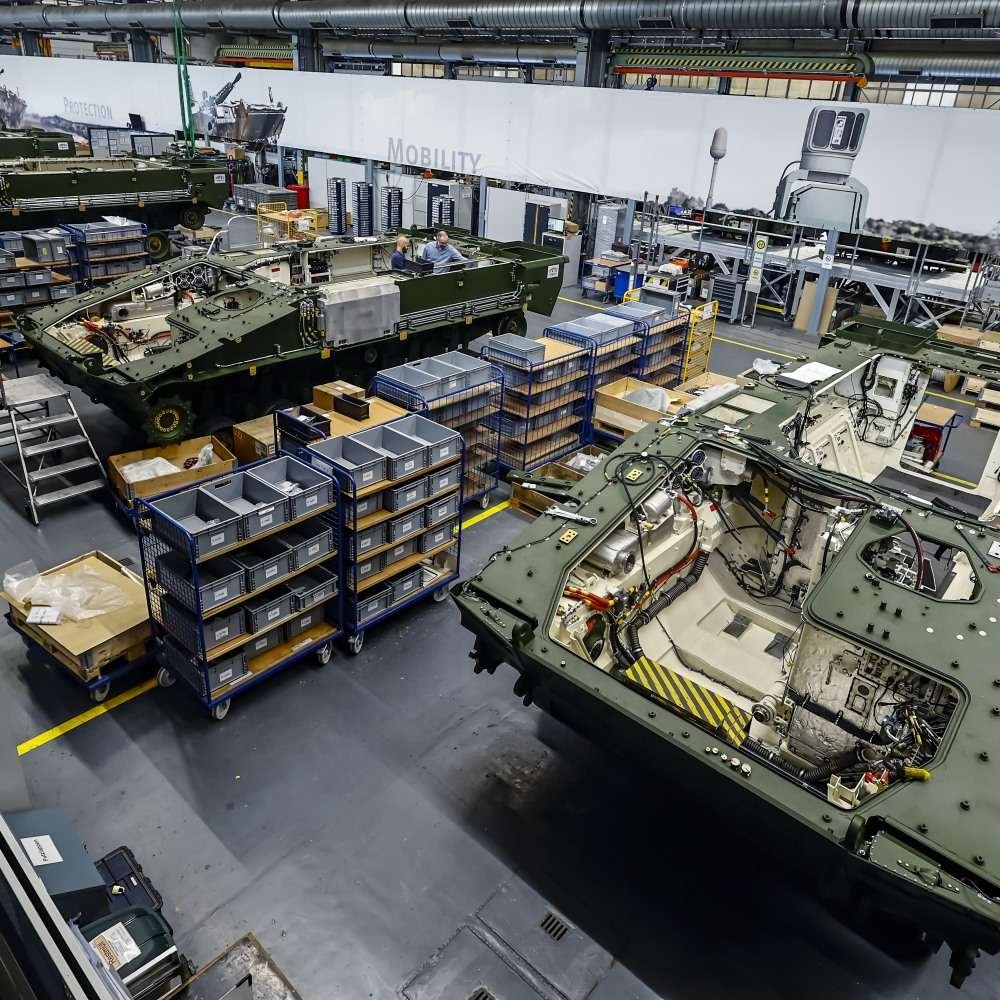
Regardless of the dispute over speed, the strategic importance of the plant cannot be overstated. The Armed Forces of Ukraine face a constant and enormous demand for artillery shells, making local production a matter of both military readiness and supply security.
Once operational, the Rheinmetall facility will supplement Ukraine's existing ammunition manufacturing capabilities, potentially reducing reliance on foreign deliveries and strengthening resilience against supply disruptions.
For now, the project remains a critical component of Ukraine's broader defense industrial strategy, and a focal point of debate over how to balance urgency, bureaucratic process, and realistic planning in wartime conditions.
Read more: How Did Romania Not Even Start To Build a Gunpowder Plant With Rheinmetall After a Year




